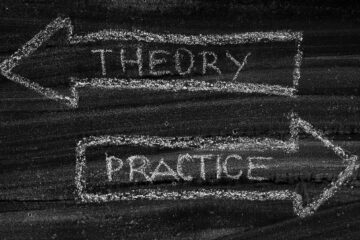How much time do teachers have for professional learning vs. teaching?
One of the main differences between the U.S. education system and the systems that outperform it in student achievement is the amount of time teachers spend in the classroom in front of students versus the time spent in professional development activities.
Sources: OECD, 2014, lower secondary
B.C. statutory requirement
Hong Kong Education Bureau (secondary)
Interview with SMEC 2011
In this chart “Teaching Hours” includes time spent actually teaching within the classroom, and does not include time spent on lesson preparation or correcting homework. Teachers in the U.S. spend much more time teaching than do their counterparts in high-performing education systems. In these high-performing education systems, fewer hours in front of a classroom means more time for teachers to pursue professional learning opportunities throughout the working week, including lesson observations, collaborating with other teachers and mentoring activities. All of this leads to a stronger, ever improving teaching force and higher student achievement overall.
However, even a small amount of extra time for professional development can improve teaching. In British Columbia, teachers spend up to 23 hours per week—around ten hours more than their other high-performing peers, but a full 4 hours less than the average U.S. teacher—in front of students and yet still participate in one of the top-performing professional learning systems in the world. There are two reasons for this: professional learning time is embedded in daily work life; and teachers have time throughout the school week to improve their teaching, rather than intermittent, piecemeal opportunities like those seen in the “workshop model” in the U.S.
For more on how high-performing systems integrate professional learning into teachers’ daily work, see CIEB’s new report Beyond PD: Teacher Professional Learning in High-Performing Systems.






